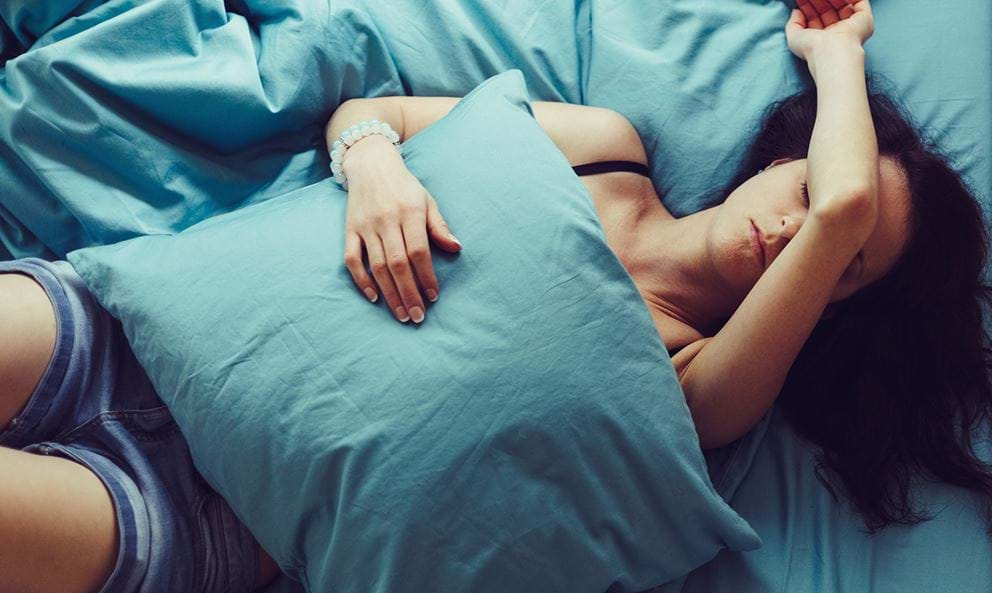What's the best way to cure a hangover?

If you enjoy the odd tipple of alcohol every now and again, you’ll appreciate the good times it brings. I’m guessing there’s also been occasions where you really shouldn’t have had that ‘one last drink’. Splitting headaches, dehydration, sickness as well as a whole host of other not so glamorous symptoms, are all common occurrences for what we commonly call the hangover. But can hangovers be cured or avoided? And if not how can you better manage the symptoms if you lie victim to such unwanted happenings?
Whilst the research surrounding hangover prevention and elimination has certainly provided a number of key talking points over the years, sadly there appears to be no definitive cure for the common hangover. With that being said, it may be possible to alleviate some of the symptoms of a night of debauchery.
Here’s the interesting part, we don’t actually know how hangovers happen, but it’s likely a combination of toxicity, dehydration, poor sleep, and our body’s striving to get back to where it was before all the alcohol.
Here’s what we do know
No foods or supplements have to date proven to be effective for preventing hangovers. However, we do know that dehydration is a key factor in the hours leading up to a hangover, so it seems sensible to make sure you’re taking in plenty of water, especially around the times of alcohol consumption and prior to sleep. This won’t necessarily save you from a hangover the next day, but it will help.
Coffee

The mental alertness you get from any stimulant can temporarily offset some of the unwanted brain fog and lethargy that could be expected after over consuming alcohol. This may be even wiser if you like to exercise the day after a night on the town (yes, these people exist).
Vitamins B1 & B6

People overconsuming alcohol tend to be deficient in these two key vitamins, this may go some way to explaining the hideous headaches we all feel, as deficiency has been linked to greater headache occurrences. Look out for fresh fruit, eggs, potatoes and pork as these are shown to be good sources.
Painkillers

These can be taken to help with the headaches and alleviate the other unwanted symptoms.
Vitamin C

Now this may not be a proven benefit, but a number of researchers are now linking the anti-inflammatory effects of vitamin C to hangovers. Given its ease of consumption, a glass of orange juice high in vitamin C would be a good idea, there’s also evidence to suggest that sugar can help you feel less trembly, so this ticks both boxes.
Things to avoid

Although it might seem like the best idea at the time, the old adage of ‘hair of the dog’ is perhaps not the best idea to tackle a hangover. Drinking more alcohol will likely only delay the appearance of symptoms until it wears off again. Leaving you in a worse position that you started off with, even if it does make you feel better at the time. The National Health Service advise that both men and women abstain from any alcohol in the 48 hours leading on from a heavy binge episode, this seems sensible given the way you’re likely feeling.
Summary
Unfortunately, there is no miracle cure for hangovers, it seems staying hydrated, getting enough sleep and perhaps a vitamin boost can at least alleviate some of the unwanted symptoms. Pain killers and perhaps a coffee will help you feel more alert and potentially help with other symptoms, all be it, in the short term only.
When looking to avoid a heavy hangover, drink in moderation, not on an empty stomach and be sure to consume plenty of water throughout the day.
Reference:
https://examine.com/nutrition/hangovers/


